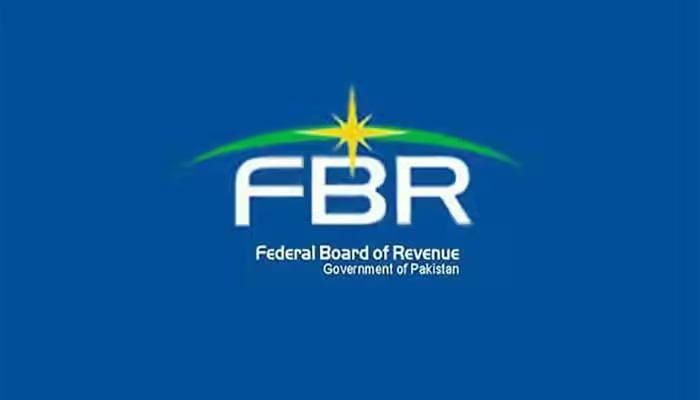The recent premature retirement of Chairman Federal Board of Revenue (FBR), Amjad Zubair Towana, has left the government in a quandary, unable to finalize a suitable candidate for the pivotal position. This indecision has sparked concerns and debates within various governmental and administrative circles, highlighting the complexities and challenges inherent in such high-stakes appointments.
Premature Retirement of Amjad Zubair Towana
Amjad Zubair Towana’s unexpected decision to opt for premature retirement has stirred significant interest and speculation. His retirement request has not only prompted administrative upheaval but also drawn the attention of the Senate Standing Committee. The committee has expressed a keen interest in uncovering the underlying reasons behind Towana’s early departure, seeking transparency and accountability in the matter. Towana’s tenure, characterized by his efforts to streamline the tax collection process and improve the efficiency of the FBR, has been abruptly cut short, raising questions about the circumstances leading to his decision.
Government’s Search for a New Chairman
In the wake of Towana’s departure, the government has been actively seeking a replacement to fill the crucial role of FBR chairman. According to sources, the Prime Minister has conducted meetings with several potential candidates from the private sector. However, progress has been stymied, as the move to appoint a private sector candidate has not gained the necessary traction. The deliberations indicate the government’s desire to bring in fresh perspectives and expertise to lead the FBR, yet this approach has faced significant challenges.
Preference for Administrative Service Officers
Prime Minister’s inclination towards appointing an administrative service officer (PAS) as the new chairman has further complicated the selection process. This preference has met with resistance from within the FBR itself. Officers within the FBR have voiced their opposition to the appointment of a PAS officer, arguing that the leadership role should be filled by someone with a deep understanding and experience of the revenue services. In response to this, a list of eligible grade 21 and 22 officers from the FBR service has been presented to the Prime Minister, showcasing the internal candidates deemed suitable for the role.
Internal Resistance and Political Dynamics
The resistance from FBR officers stems from a concern that appointing an outsider, particularly from the administrative services, might undermine the specialized expertise required to effectively lead the FBR. The intricacies of tax administration and revenue collection demand a nuanced understanding of the systems and processes, which insiders argue is best possessed by those who have risen through the ranks within the FBR. This internal pushback reflects the broader tension between the need for specialized knowledge and the desire for administrative oversight.
Senate Standing Committee’s Involvement
Adding another layer of complexity, the Senate Standing Committee has taken notice of Amjad Zubair’s request for premature retirement. The committee’s interest in the actual facts surrounding Towana’s retirement underscores the significance of the role of the FBR chairman. The committee’s involvement is likely to ensure that any new appointment is made with due diligence and transparency, further delaying a swift resolution to the leadership vacuum.
Broader Implications
The prolonged indecision and internal resistance in appointing a new FBR chairman have broader implications for the country’s revenue collection and economic stability. The FBR plays a pivotal role in ensuring the government’s fiscal health through efficient tax collection. Prolonged leadership uncertainty can hamper strategic initiatives, affect morale within the organization, and potentially impact the overall revenue generation efforts.
The government’s struggle to appoint a new FBR chairman following Amjad Zubair Towana’s premature retirement reflects deeper issues of governance, administrative resistance, and the need for specialized leadership in critical roles. The balancing act between bringing in fresh perspectives from the private sector, adhering to administrative preferences, and addressing internal resistance highlights the complexities of such high-stakes appointments. As the Senate Standing Committee scrutinizes the circumstances surrounding Towana’s retirement, the government faces increasing pressure to make a transparent, well-considered decision that will ensure the effective functioning of the FBR and, by extension, the economic stability of the country.



